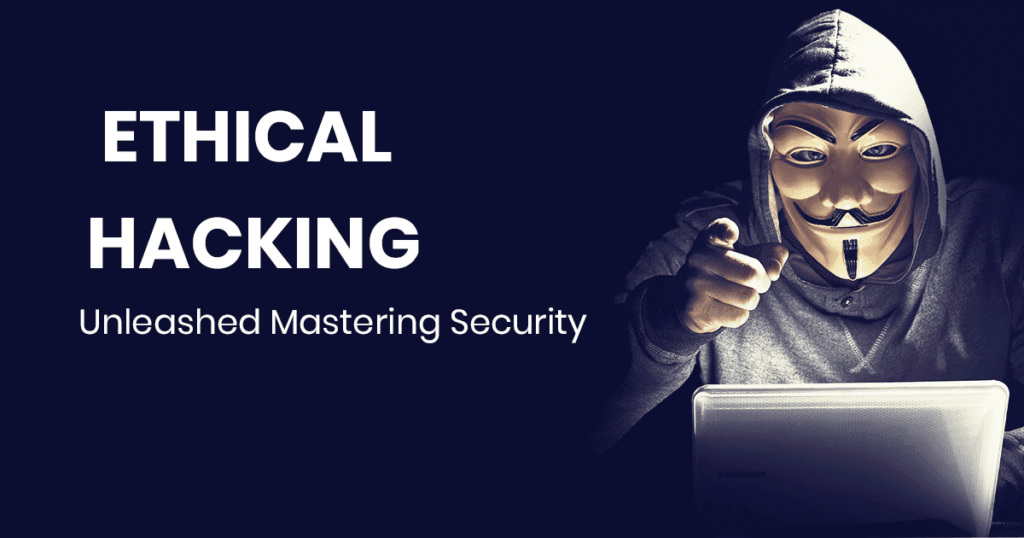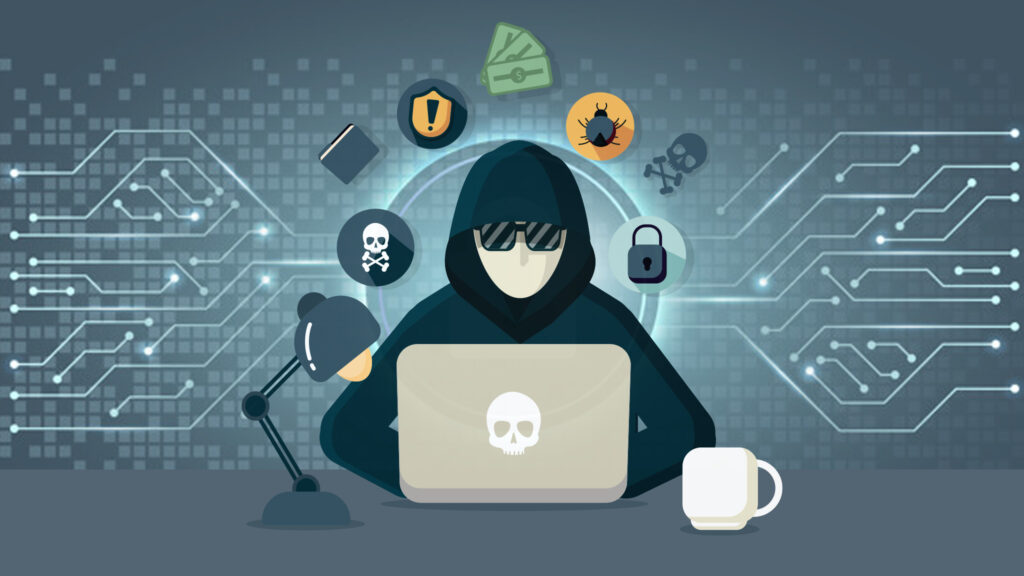Ethical hacking plays its major role in the industry as we all know in today’s digital age where every transaction and interaction happens online, cybersecurity is a critical concern.
As businesses and individuals increasingly is getting dependent on digital platforms and, the need to protect sensitive information from malicious threats becomes very important.
This is where green hacking comes as a practice in safeguarding digital assets.

Table of Contents
What is Ethical Hacking?
Ethical hacking is also known as white-hat hacking that involves authorized experts attempting to exploit vulnerabilities in a computer, network or application.
And unlike malicious hackers (black-hat hackers) who exploit the weaknesses for personal gain as ethical hackers perform these activities with the consent of the organization to identify and fix security errors.
The Role of Ethical Hackers
Ethical hackers are skilled professionals who are trained in a way to think like attackers.
Their primary role is to assess the security of a system by attempting to bypass the security controls to find information and then report the issues to the organization.
By doing this they help organizations to strengthen the security against potential cyber threats making them more secure.

Picture credit invensislearning
Benefits of White Hat Hacking
- Prevent Data Breaches: By identifying and fixing errors along with bugs before malicious hackers harm them the ethical hackers helps to protect their costly data from getting harmed.
- Enhance Security Measures: Ethical hackers provide insights and weaknesses of existing security measures, allowing organizations to enhance their defenses.
- Compliance: Many industries have regulatory requirements regarding data protection. Ethical hacking helps organizations comply with these standards by ensuring robust security practices.
White Hat Hacking in India
In India, the digital landscape is rapidly growing and the demand for ethical hacking professionals is on the rise.
The organizations across sectors from finance to healthcare, are investing in cybersecurity measures to protect their sensitive data.
Challenges and Responsibilities
Ethical hacking provides great advantages but it also comes with responsibilities.
As these hackers need to work within legal and ethical limits by making sure that their actions don’t cause any harm.

Picture credit coursesity
Importance of Ethical Hacking
- Preventive Security: By identifying and fixing vulnerabilities before they are exploited by malicious actors, ethical hacking helps prevent data breaches, financial losses, and damage to an organization’s reputation.
- Risk Management: Understanding and mitigating security risks is crucial for organizations to operate securely in an increasingly digital world. Ethical hacking provides valuable insights into an organization’s security posture and helps prioritize security investments.
Skills and Qualifications of Ethical Hackers
- Technical Expertise: Ethical hackers need strong technical skills in areas such as network security, cryptography, web application security, and operating systems.
- Analytical Thinking: They must think creatively and analytically to uncover hidden vulnerabilities and anticipate potential attack vectors.
- Ethics and Integrity: Ethical hackers must operate with a high degree of integrity, respecting the privacy and confidentiality of the organization’s data throughout the testing process.
Methodologies of Ethical Hacking
- Reconnaissance: Gathering information about the target system or organization to understand its infrastructure, technologies used, and potential vulnerabilities.
- Scanning: Using automated tools to identify open ports, services running on those ports, and vulnerabilities associated with them.
- Exploitation: Actively attempting to exploit identified vulnerabilities to gain unauthorized access or escalate privileges, demonstrating the impact of successful attacks.
- Post-Exploitation: Once access is gained, ethical hackers may explore further into the system to understand the extent of potential damage and access sensitive data.
- Reporting and Remediation: Documenting all findings, prioritizing vulnerabilities based on their severity, and providing actionable recommendations to mitigate risks.
Conclusion
Ethical hacking is not just about breaking into systems but it is also about securing them responsibly.
If we talk about real world cyber attacks the ethical hackers play an important role in defenses and protecting sensitive information.
Do check out more blogs